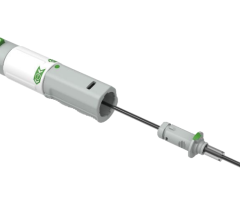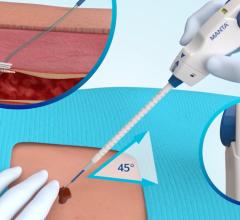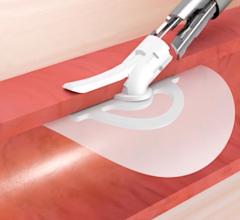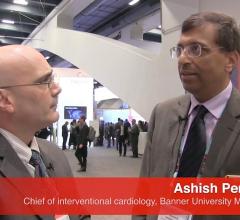August 29, 2007 - Patients with suspected acute coronary syndrome (ACS) who are admitted to the hospital from the emergency department have similar outcomes whether they are admitted to cardiology units or family practice units, a finding that might help alleviate emergency department overcrowding by moving ACS patients out of the emergency department more quickly. The study appears online in the Annals of Emergency Medicine (“Do Emergency Department Patients With Possible Acute Coronary Syndrome Have Better Outcomes When Admitted to Cardiology Versus Other Services?”)
“This study should reassure emergency physicians, under pressure to move admitted patients out of the emergency department as quickly as possible, that they have a choice about where to admit possible ACS patients,” said lead study author David A. Katz, M.D. of the VA Iowa City Health Care System in Iowa City. “Given the volume of patients with possible ACS treated in emergency departments – five million every year – and the shortage of cardiology beds at certain times, emergency physicians can safely admit many of these patients to non-cardiology units and possibly reduce overcrowding in their emergency departments.”
Of the 544 patients enrolled in the study, 372 were admitted to cardiology and 172 were admitted to non-cardiology units. Researchers assessed whether patients received recommended therapy in the emergency department and during hospitalization; in addition, patients were assessed in terms of 30-day outcome. Although the cardiology patients received more aggressive testing than the non-cardiology patients, the overall outcomes were very similar. ACS can predict future, more serious problems, such as heart attack. However, certain symptoms that suggest ACS may result from other conditions such as indigestion, anxiety and respiratory problems.
“When patients come to the emergency department with symptoms of possible ACS, emergency physicians must consider a whole constellation of possible diagnoses, and sometimes patients simply need more time to be evaluated as an inpatient,” said Dr. Katz. “Emergency physicians can identify patients who are more likely to benefit from inpatient cardiology care, as well as those with less clear-cut presentations who may be more likely to benefit from generalist care.”
The study recommends larger future studies with longer follow-up on patient outcomes and recommends collaboration between cardiologists and generalists in managing these hospitalized patients based on their underlying risk of future adverse cardiovascular (and non-cardiovascular) events.
For more information: www.acep.org


 October 07, 2025
October 07, 2025 









